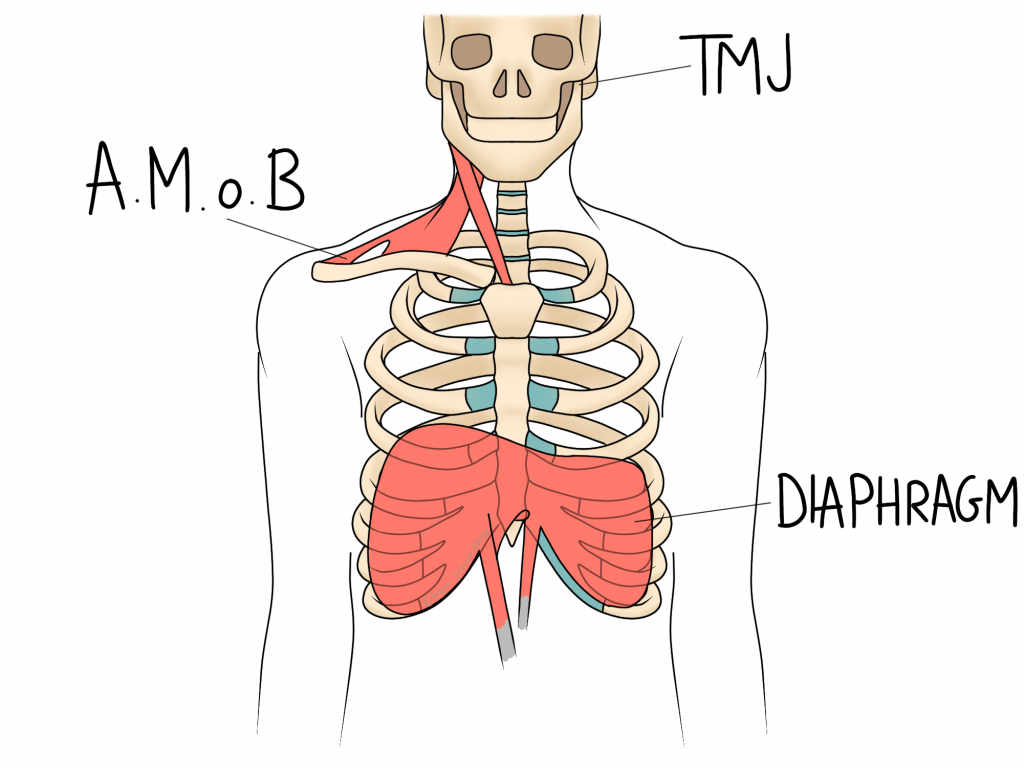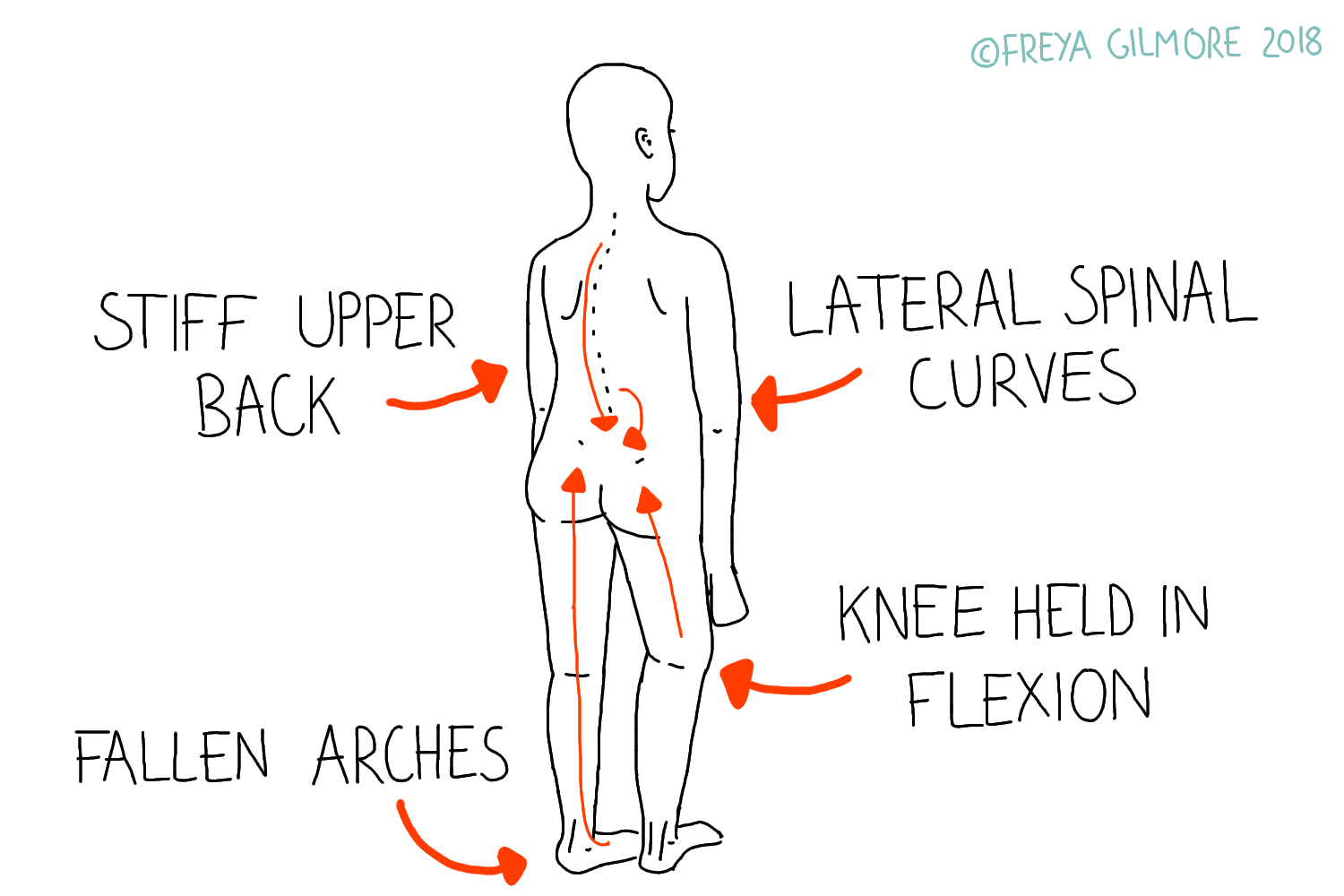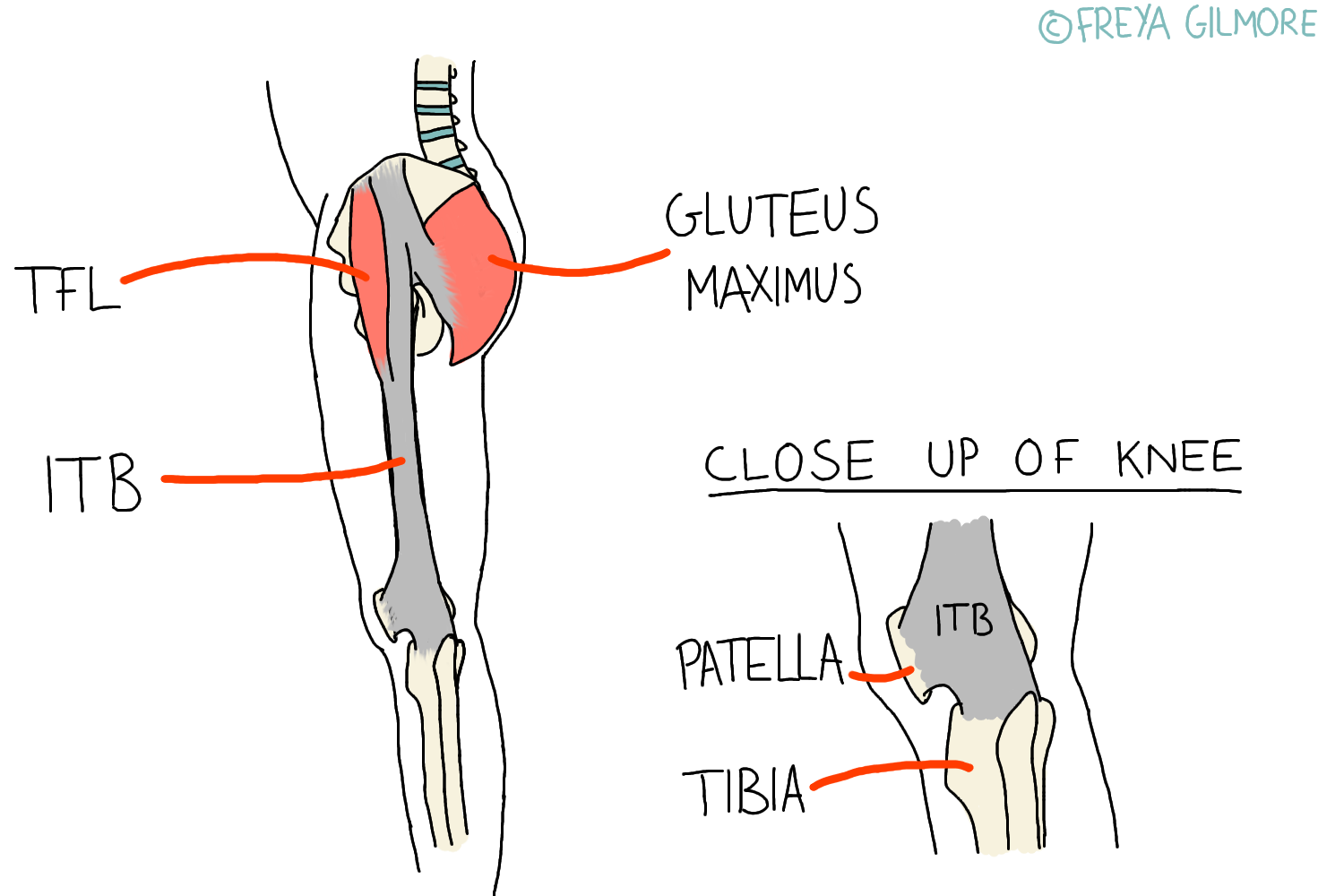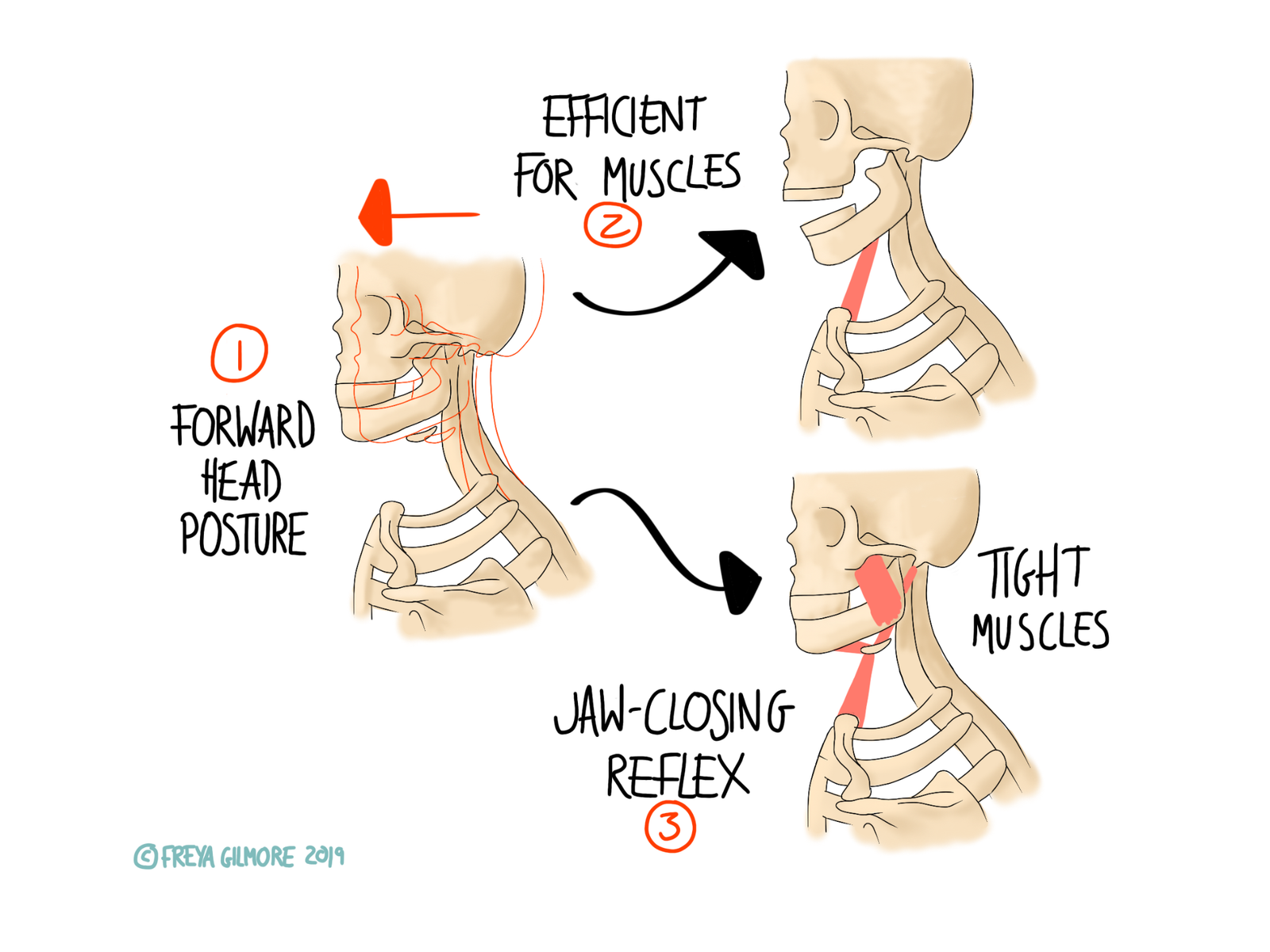Osteopaths understand that everything in the body is connected. This even goes beyond muscles, joints,…
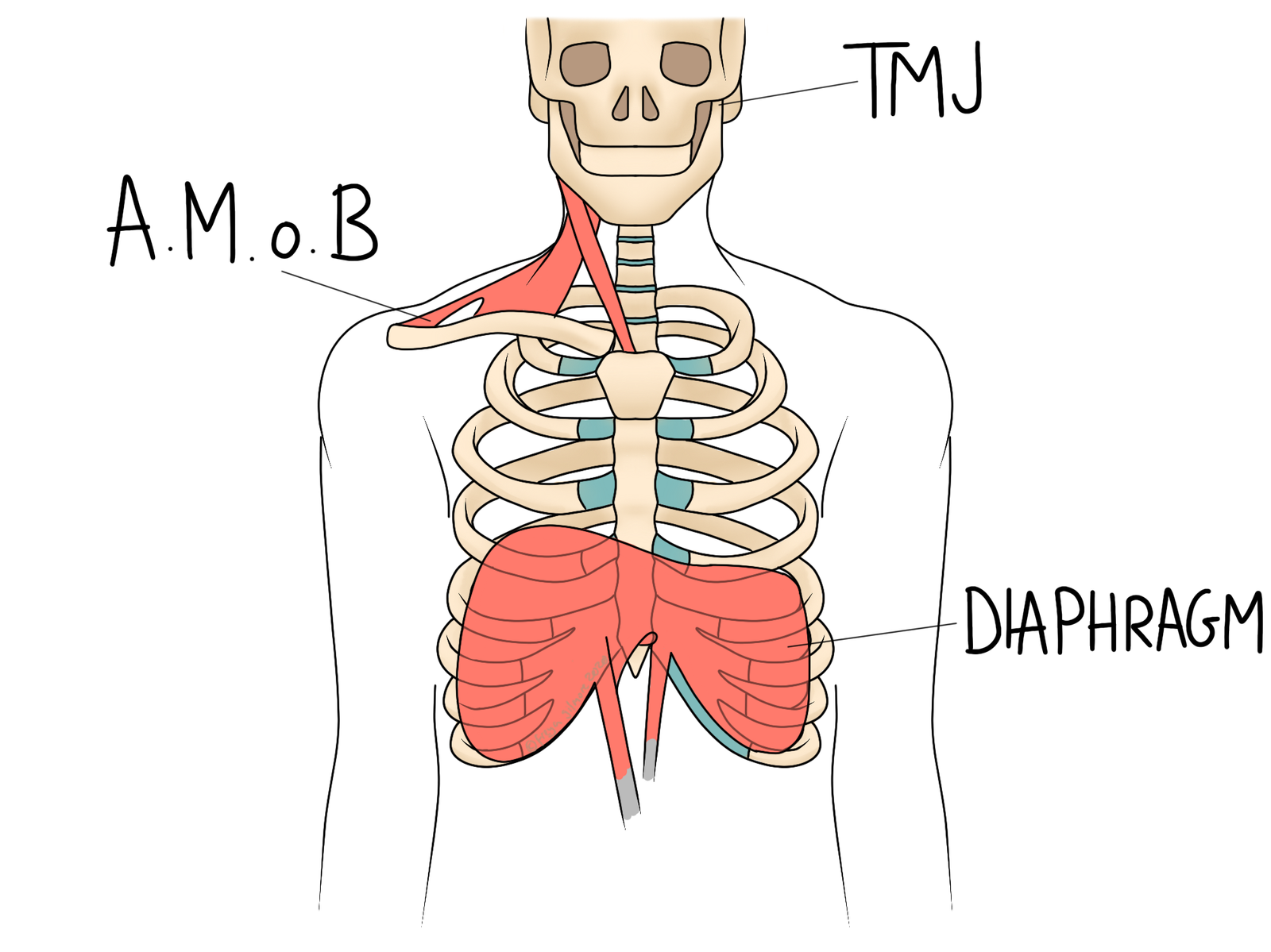
Tension
Tension in our muscles might be a sign of tension in our everyday lives, or it may simply be the result of a muscle injury. Osteopaths can help to relieve tight muscles, and work out why they were tight in the first place.
What Causes Muscle Tension?
Tight muscles are muscles that are held in a contracted position. This makes them feel more solid to the touch, and limits movement of the joints nearby.
Muscle Injury
An injured muscle will hold tension in order to protect itself, and as a result of local inflammation.
Whereas you would sprain a ligament, an injury to a muscle is a strain.
Protecting Something Else
Muscles can also be recruited to protect another injured tissue, even if they are unharmed themselves. You may have experienced this as a cricked neck or twinged lower back. The muscle’s reaction can be very quick, and it does happen for a reason.
We will ultimately want to relax the muscle off, but we may need to get to the root cause first. If the original stimulus is unchanged, you might expect the muscle to immediately tighten up again.
Tension from Stress
Stress has countless effects on the body, and muscles are not immune from this. The muscles involved in breathing are particularly affected. When stress sets off the fight or flight response, the body primes itself for action. The demand for oxygen increases, and blood is sent from the digestive system to the muscles. This causes two discomforts: the muscular ache from overworked respiratory muscles, and the abdominal pains from slowed digestion.
When stress affects breathing, it can impact two muscle groups. The main muscle for breathing is the diaphragm: a strong and efficient muscle that sits at the bottom of the rib cage. This can be tightened by stress, making it much less effective (and bringing abdominal tension with it). The body has to make up for this lost power, so recruits the accessory muscles of breathing (AMoB). These muscles are much smaller and easier to fatigue than the diaphragm, thus lead to shoulder and neck aches. Tension in the neck can lead to headaches or even involve the jaw.
Osteopathy for Tension
Your osteopath will be looking for the patterns mentioned above in order to identify the root cause of your symptoms. We understand that stress is an unavoidable part of life, so we can work with you to find a way to manage its effects. This might mean coming back regularly but infrequently for check ups, or finding a “first aid” plan that works for you. You might find that breathing or mindfulness exercises help to keep your stress at bay while allowing your diaphragm to return to normal function. Some people find that heat and stretches are enough to keep them ticking over.
Your osteopath will look at your picture as a whole to devise a treatment plan for you. We treat the person, not the condition, so you can expect a thorough appointment to identify all of the factors involved in your pain, as well as any compensatory patterns your body has made.
If you struggle with the effects of tension, you can make an appointment here.

